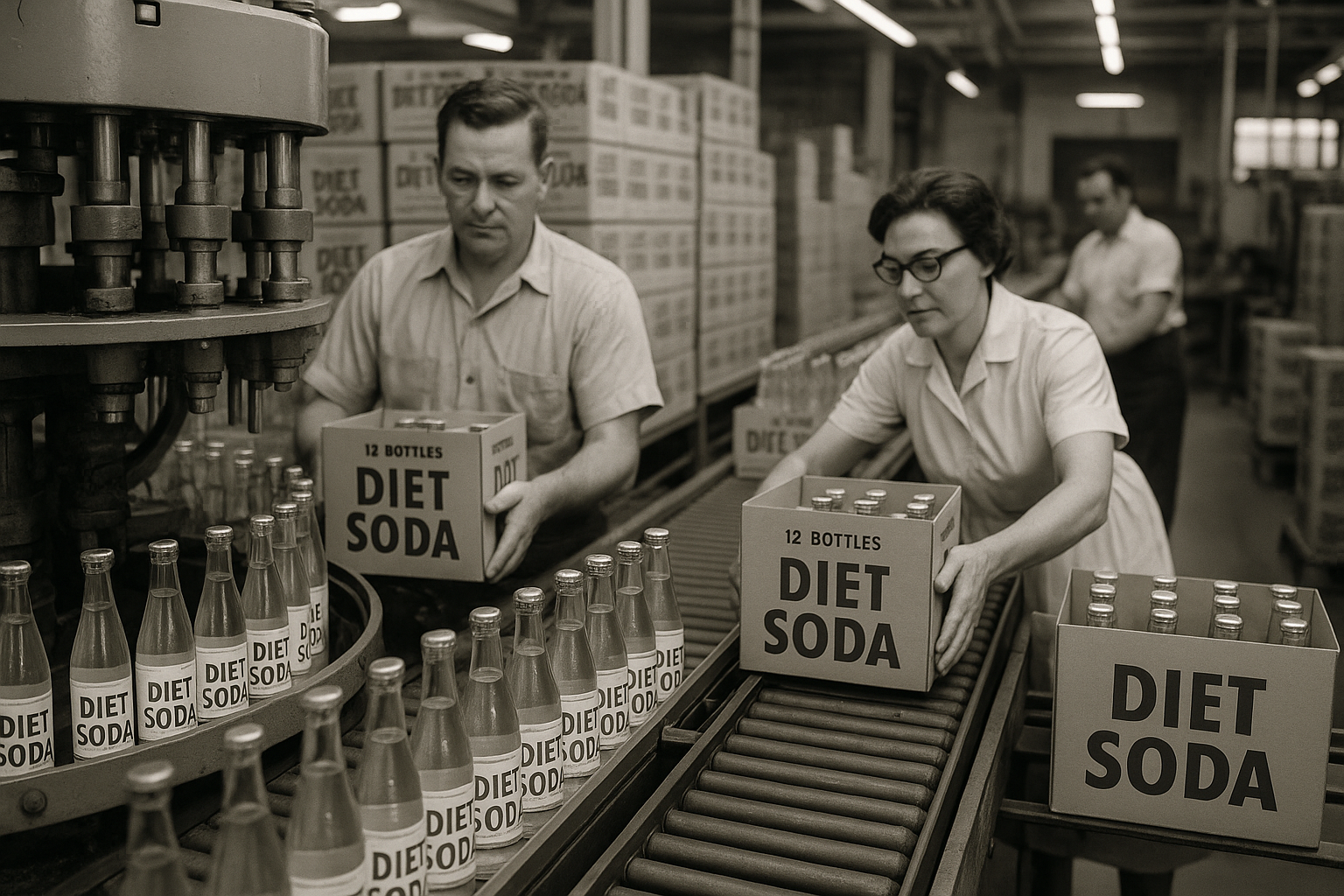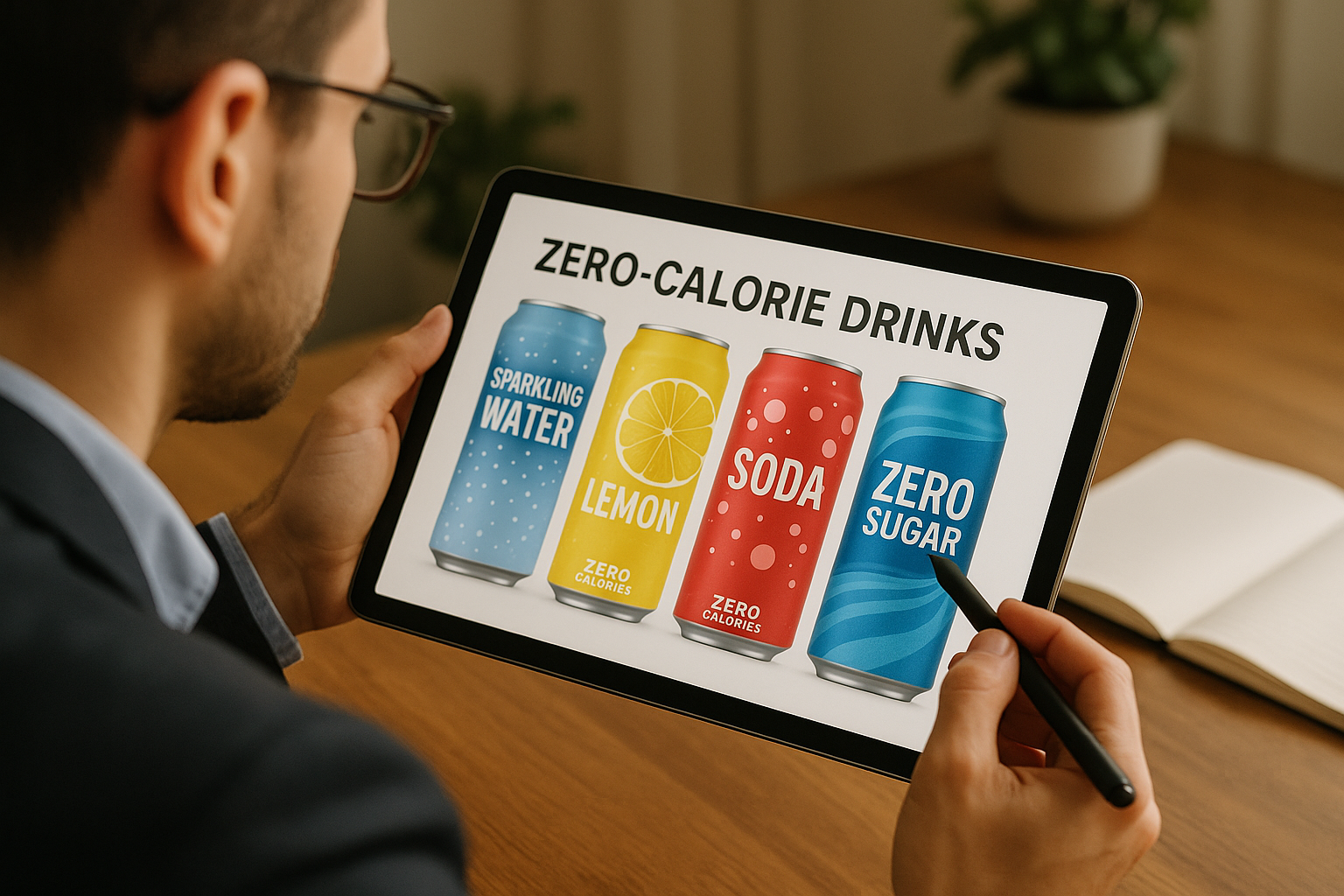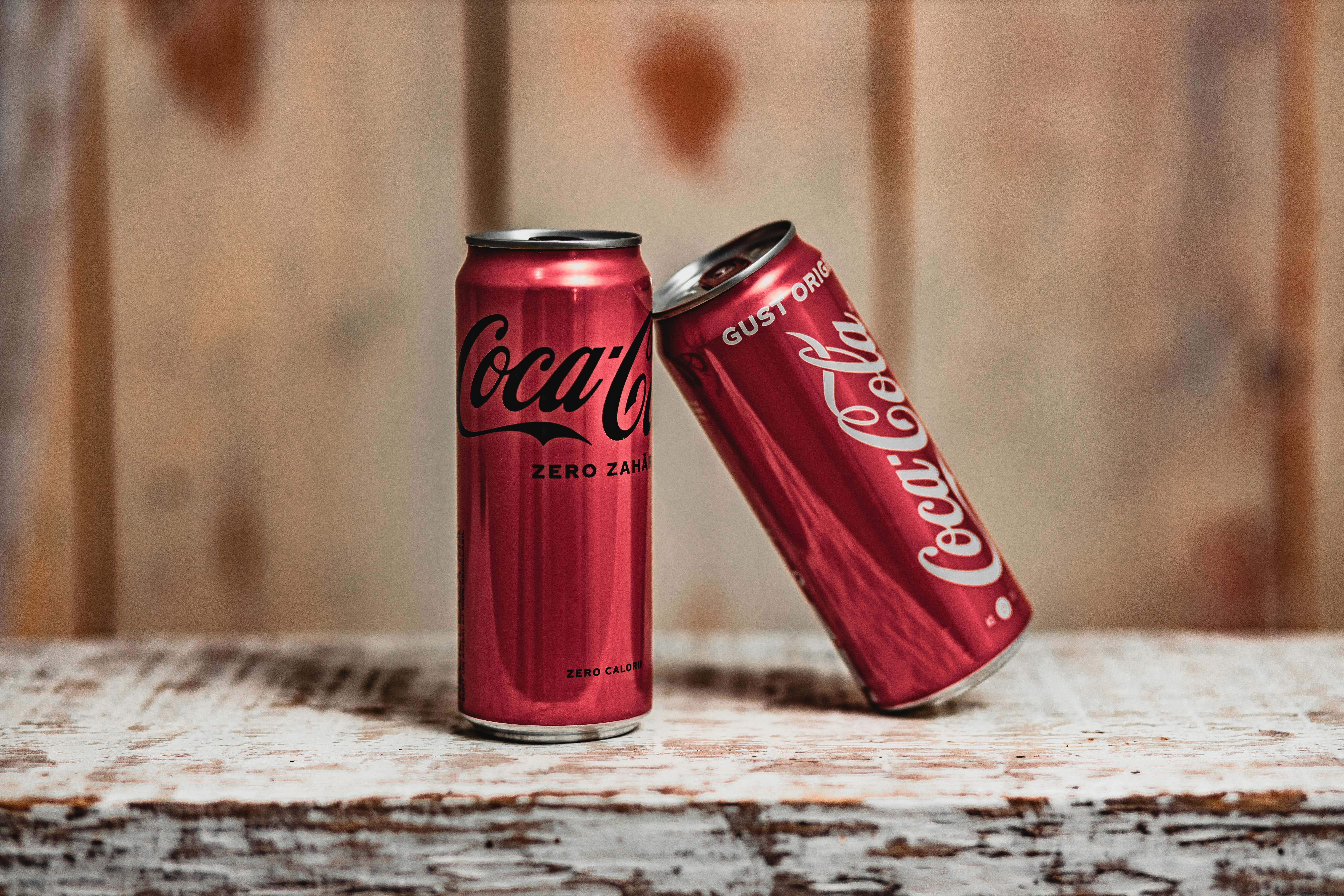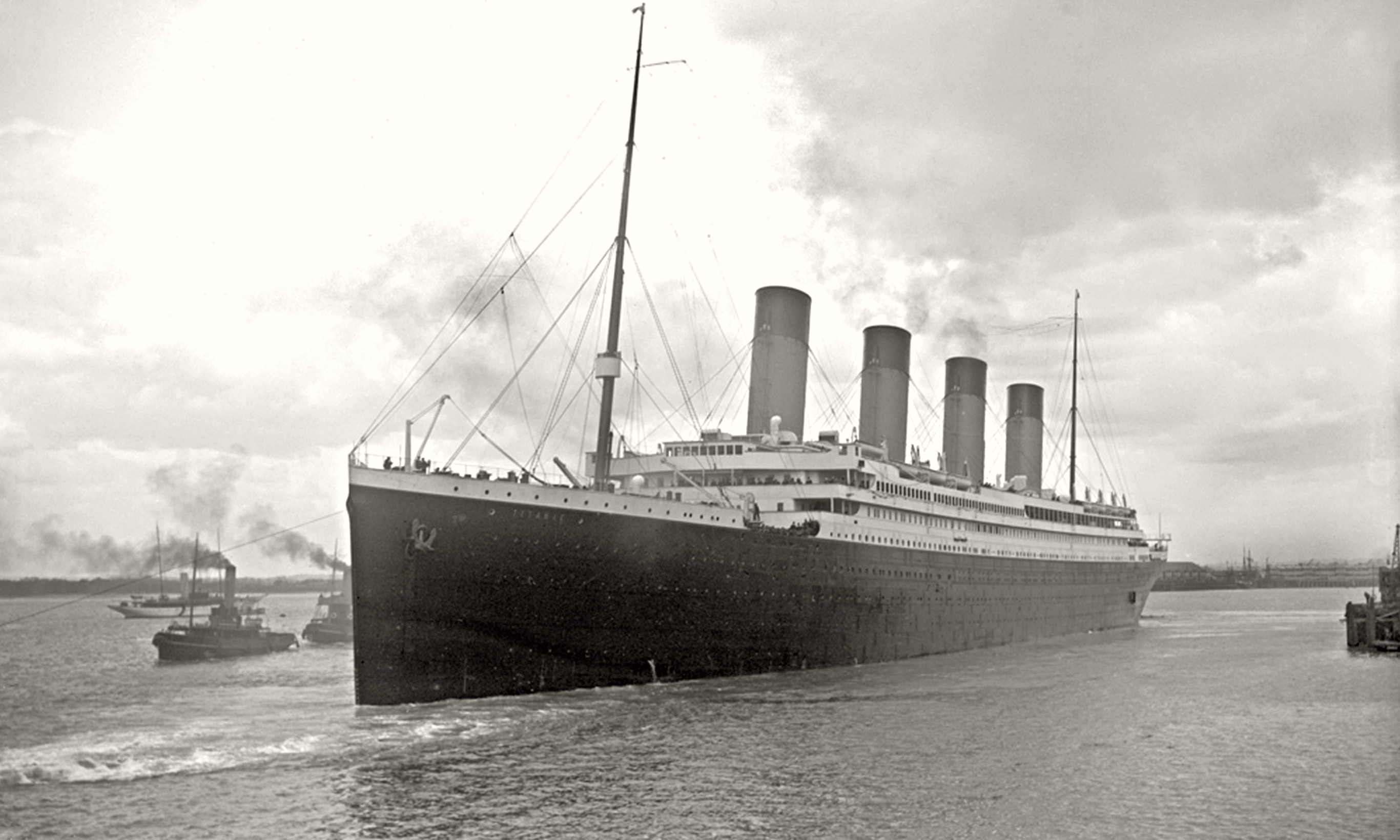7 Surprising Milestones in the History of Zero-Calorie Drinks
The journey of zero-calorie drinks is a fascinating tale of innovation, science, and changing consumer preferences. From their humble beginnings to becoming a staple in many people's diets, these beverages have evolved significantly over the decades. Their development has been driven by a combination of scientific breakthroughs, health trends, and marketing strategies that have captivated consumers worldwide. This article explores seven surprising milestones in the history of zero-calorie drinks, highlighting the pivotal moments that have shaped their trajectory. By examining these key developments, we gain insight into how these beverages have become a symbol of modern dietary habits and a testament to human ingenuity.
The Birth of Artificial Sweeteners

The story of zero-calorie beverages begins with the discovery of artificial sweeteners, which laid the foundation for sugar-free drinks. In 1879, Constantin Fahlberg, a chemist working at Johns Hopkins University, accidentally discovered saccharin, the first artificial sweetener. This discovery was significant because it provided a way to sweeten foods and drinks without the calories associated with sugar. Saccharin's introduction paved the way for other artificial sweeteners, such as aspartame and sucralose, which have become integral to the development of zero-calorie drinks. The advent of these sweeteners marked a turning point in the beverage industry, enabling the creation of drinks that cater to health-conscious consumers.
The Launch of Diet Soda

The launch of diet soda in the 1950s marked a major milestone in the history of zero-calorie drinks. The first diet soda, No-Cal, was introduced in 1952 by Hyman Kirsch, primarily targeting diabetics and those seeking to reduce sugar intake. However, it wasn't until the release of Diet Rite Cola in 1958 that diet sodas gained mainstream popularity. This was a pivotal moment as it demonstrated the potential market for zero-calorie beverages and set the stage for future innovations. The success of Diet Rite Cola inspired other major beverage companies to develop their own diet versions, leading to the widespread availability of diet sodas that we see today.
The Aspartame Revolution

The introduction of aspartame in the 1980s revolutionized the zero-calorie drink industry. Aspartame, discovered in 1965 by chemist James M. Schlatter, offered a sweeter taste compared to previous artificial sweeteners, with fewer of the bitter aftertastes. Approved by the FDA in 1981, aspartame quickly became the sweetener of choice for many zero-calorie beverages, including sodas, flavored waters, and teas. Its widespread adoption was a game-changer, as it allowed manufacturers to produce drinks that closely mimicked the taste of their sugary counterparts. This innovation not only expanded the market for zero-calorie drinks but also solidified their place in the beverage industry.
The Rise of Flavored Water

Flavored water emerged as a popular zero-calorie beverage option in the late 1990s and early 2000s, offering consumers a refreshing alternative to traditional sodas. Brands like Vitaminwater and Propel capitalized on the growing health and wellness trend by providing drinks that were both hydrating and flavorful without the added calories. The success of flavored water highlighted a shift in consumer preferences towards beverages that offered both taste and health benefits. This trend also underscored the versatility of zero-calorie drinks, as it demonstrated their ability to cater to a diverse range of tastes and lifestyles, further cementing their position in the beverage market.
The Influence of Health Trends

Health trends have played a significant role in shaping the zero-calorie drink industry, particularly the growing awareness of sugar's impact on health. As consumers became more health-conscious, there was an increased demand for beverages that aligned with healthier lifestyles. This demand prompted beverage companies to innovate and expand their zero-calorie offerings, incorporating natural sweeteners like stevia and monk fruit. The influence of health trends also led to the development of functional zero-calorie drinks, which offer additional benefits such as vitamins, minerals, and electrolytes. This evolution reflects the industry's ability to adapt to changing consumer needs and preferences, ensuring the continued relevance of zero-calorie beverages.
The Impact of Globalization

Globalization has significantly impacted the zero-calorie drink industry by facilitating the spread of these beverages across international markets. As global trade expanded, so did the distribution of zero-calorie drinks, allowing them to reach consumers worldwide. This expansion has been driven by multinational beverage companies that have tailored their products to suit local tastes and preferences, thereby increasing their appeal. The global reach of zero-calorie drinks has not only contributed to their popularity but also encouraged innovation as companies strive to cater to diverse consumer bases. This international presence underscores the universal appeal of zero-calorie beverages and their ability to transcend cultural and geographic boundaries.
The Role of Marketing and Branding

Marketing and branding have been crucial in establishing zero-calorie drinks as a staple in the beverage industry. From catchy slogans to celebrity endorsements, beverage companies have employed various strategies to promote their zero-calorie offerings. Campaigns often emphasize the health benefits and lifestyle appeal of these drinks, resonating with consumers who prioritize wellness. Effective branding has also played a role in differentiating zero-calorie products from their sugary counterparts, creating a distinct identity that appeals to health-conscious individuals. The success of these marketing efforts highlights the importance of strategic communication in driving consumer adoption and shaping perceptions of zero-calorie beverages.
The Future of Zero-Calorie Beverages

As we look to the future, zero-calorie beverages are poised to continue evolving in response to emerging trends and consumer demands. Advances in food science may lead to the development of new sweeteners that offer improved taste and health benefits. Additionally, the growing emphasis on sustainability could influence the production and packaging of zero-calorie drinks, with companies exploring eco-friendly alternatives. The rise of personalized nutrition may also impact the industry, with consumers seeking beverages tailored to their individual health needs. These potential developments suggest that zero-calorie drinks will remain a dynamic and integral part of the beverage landscape, continually adapting to meet the needs of a changing world.







